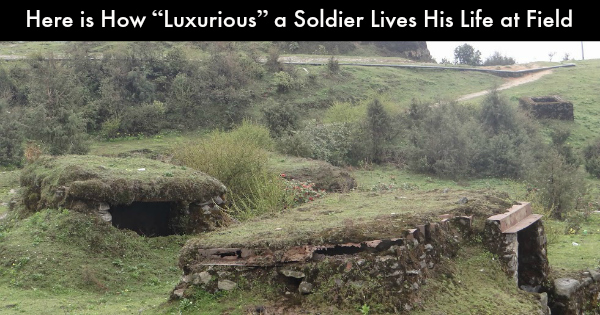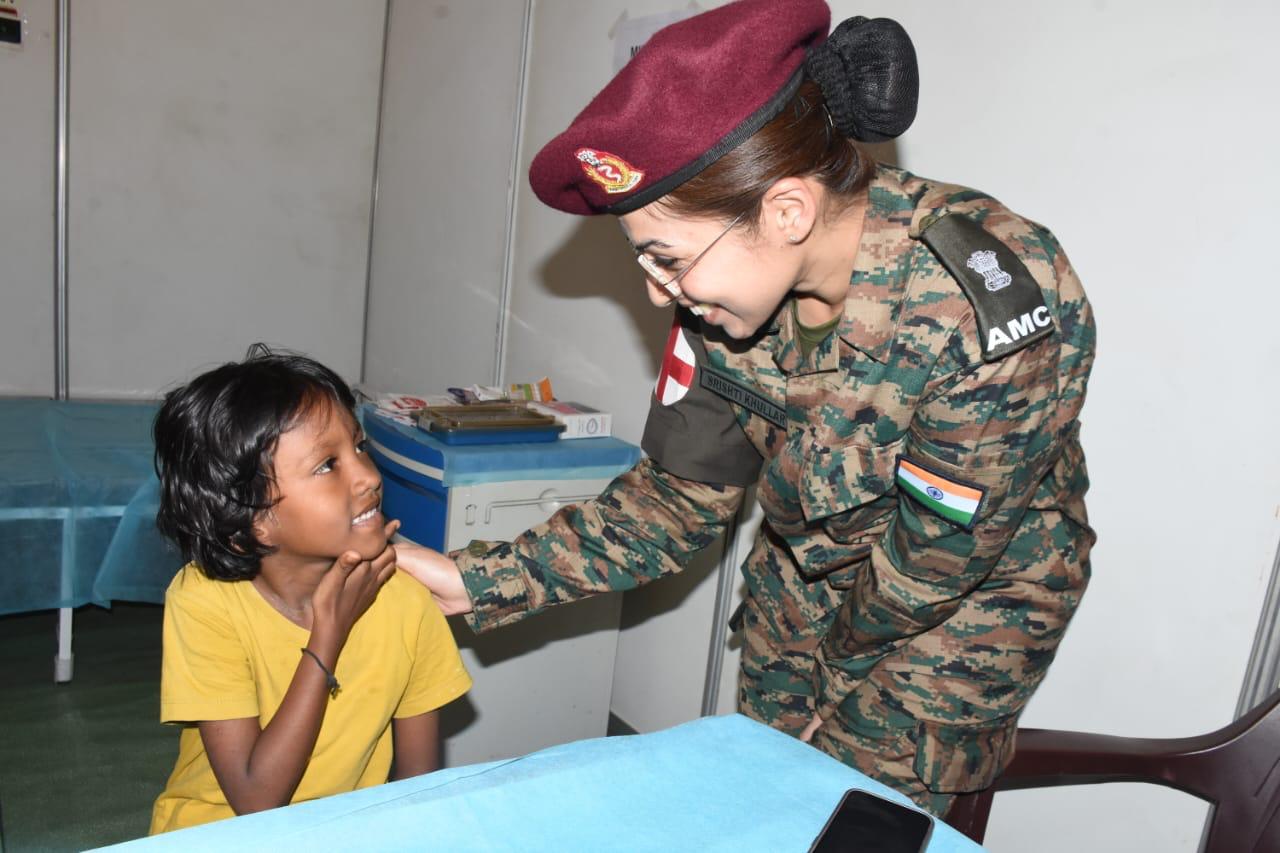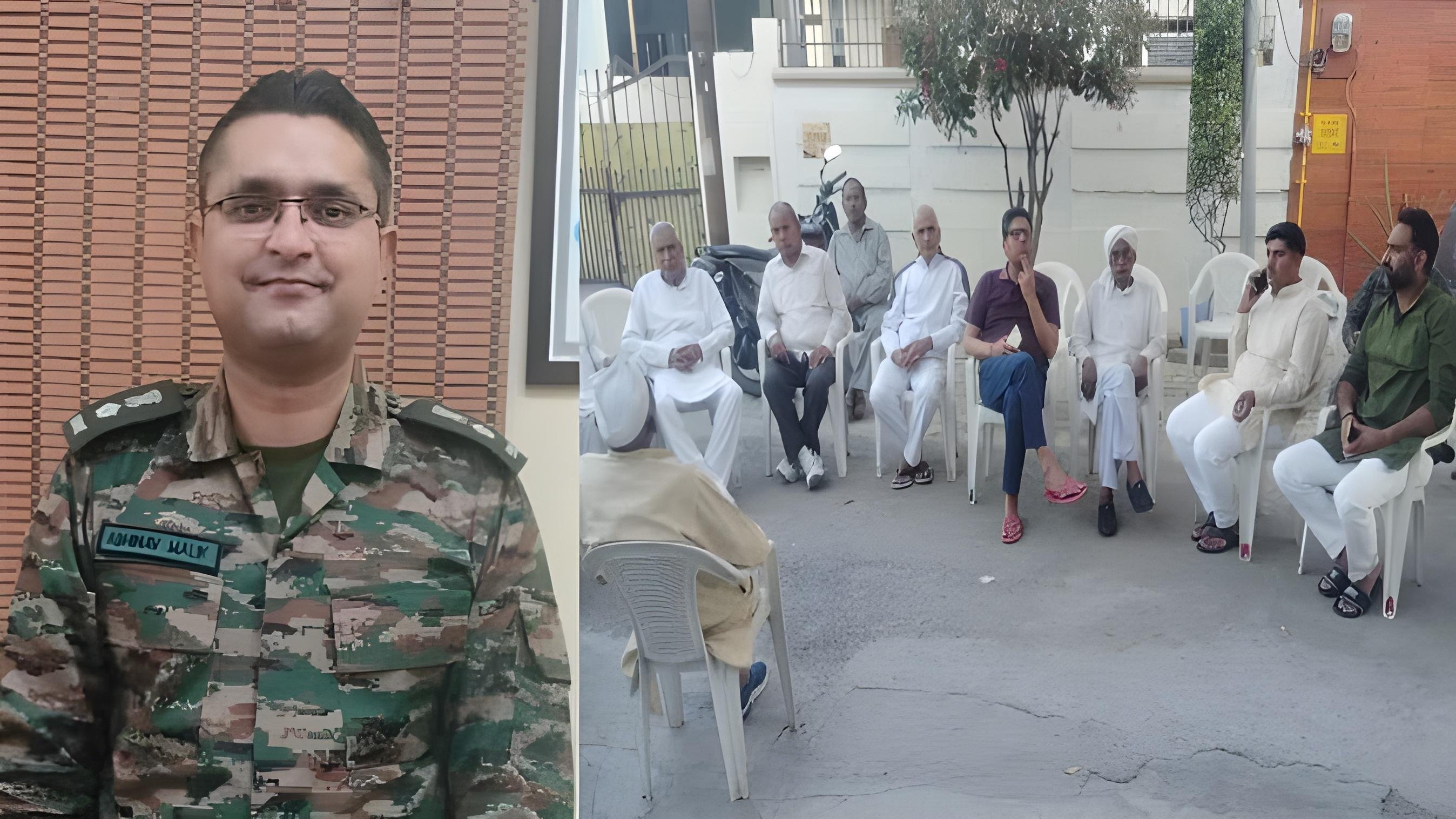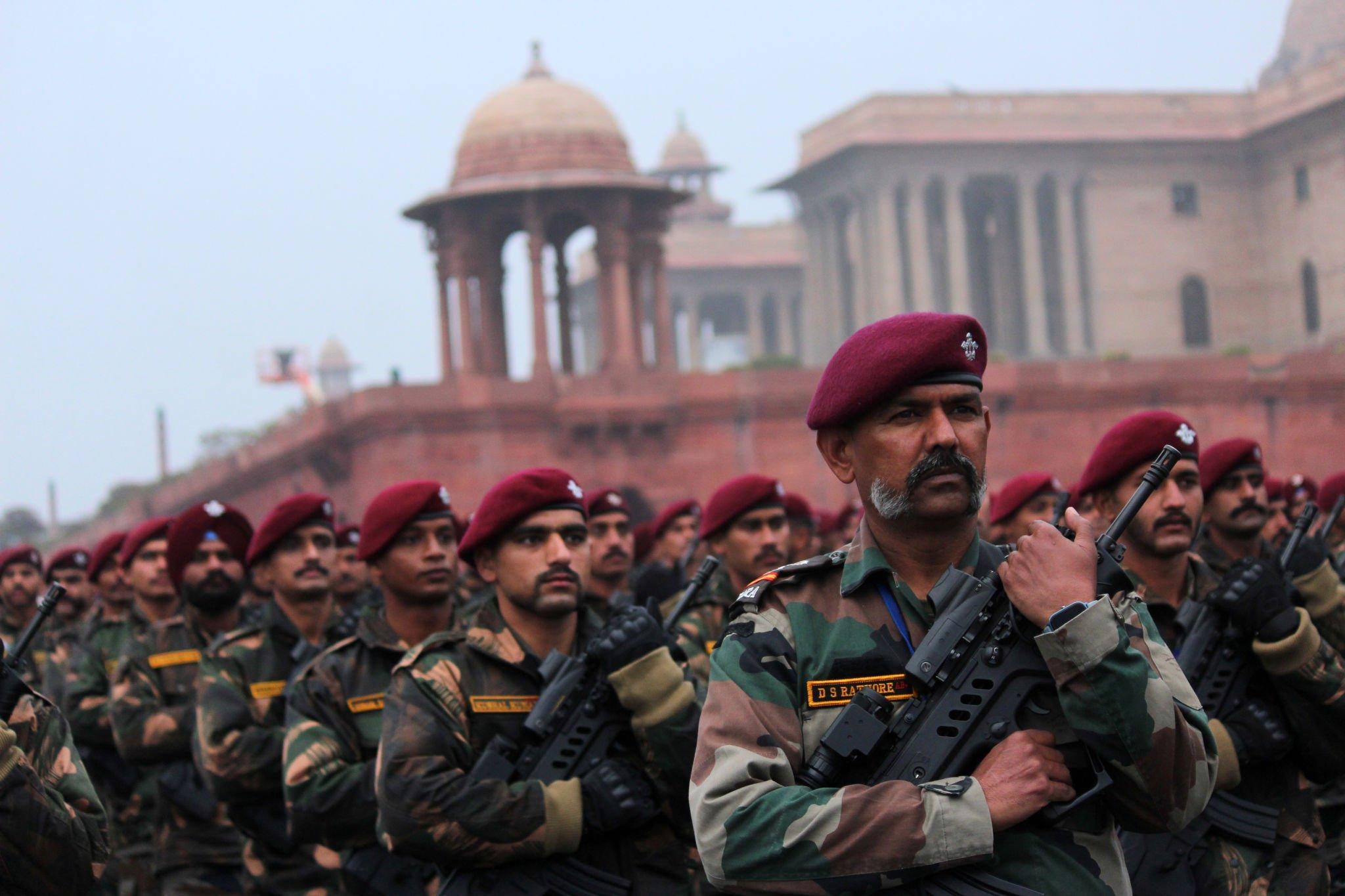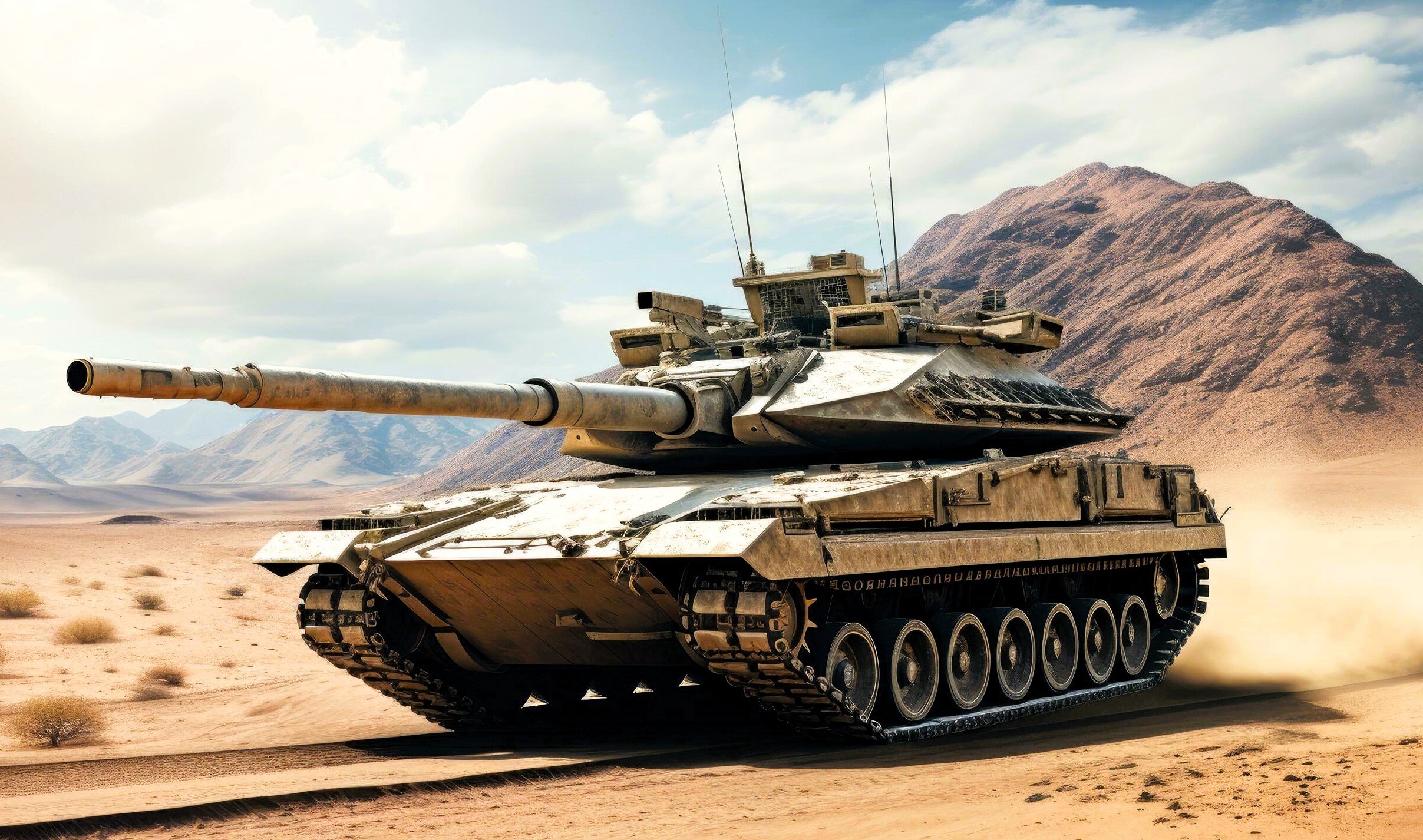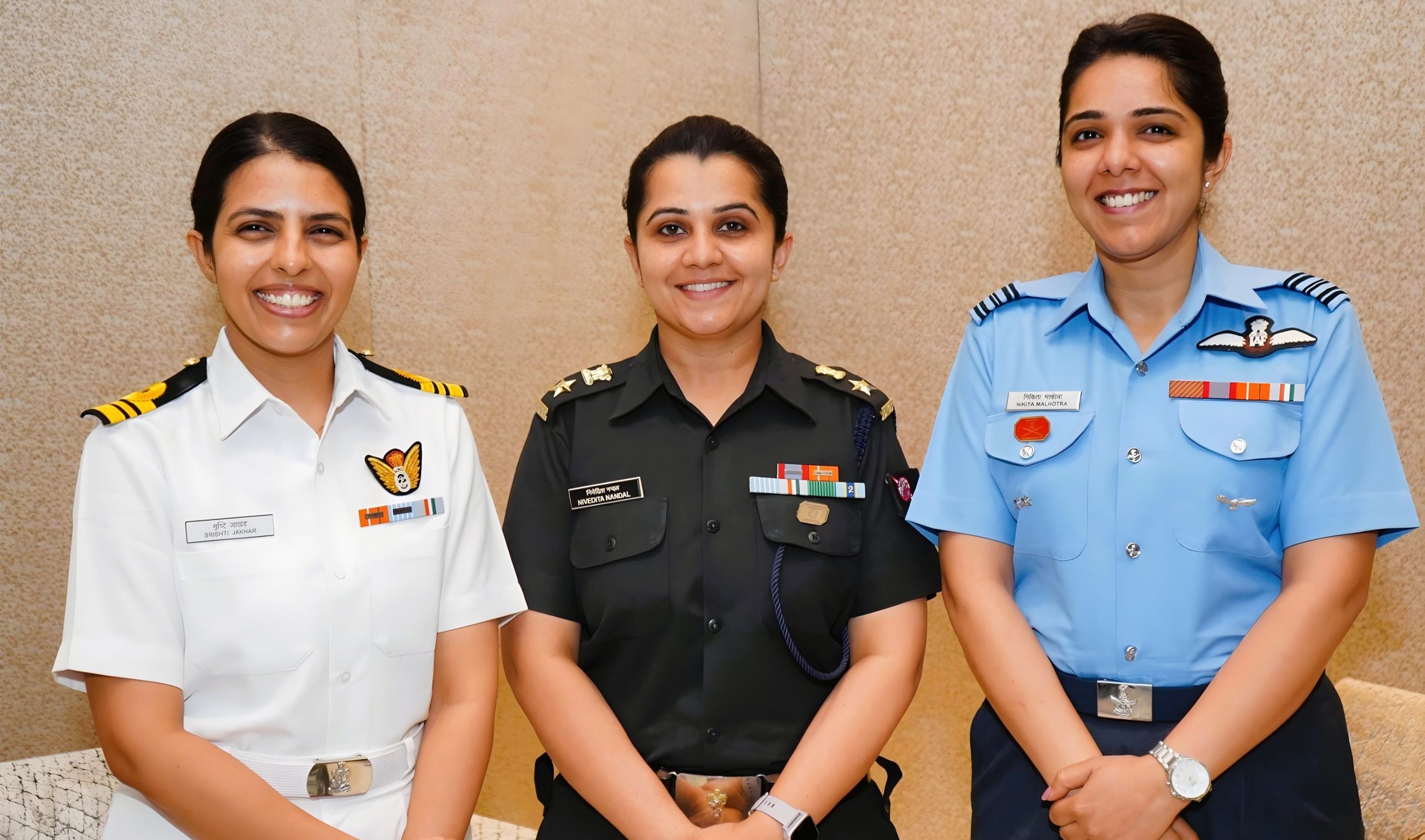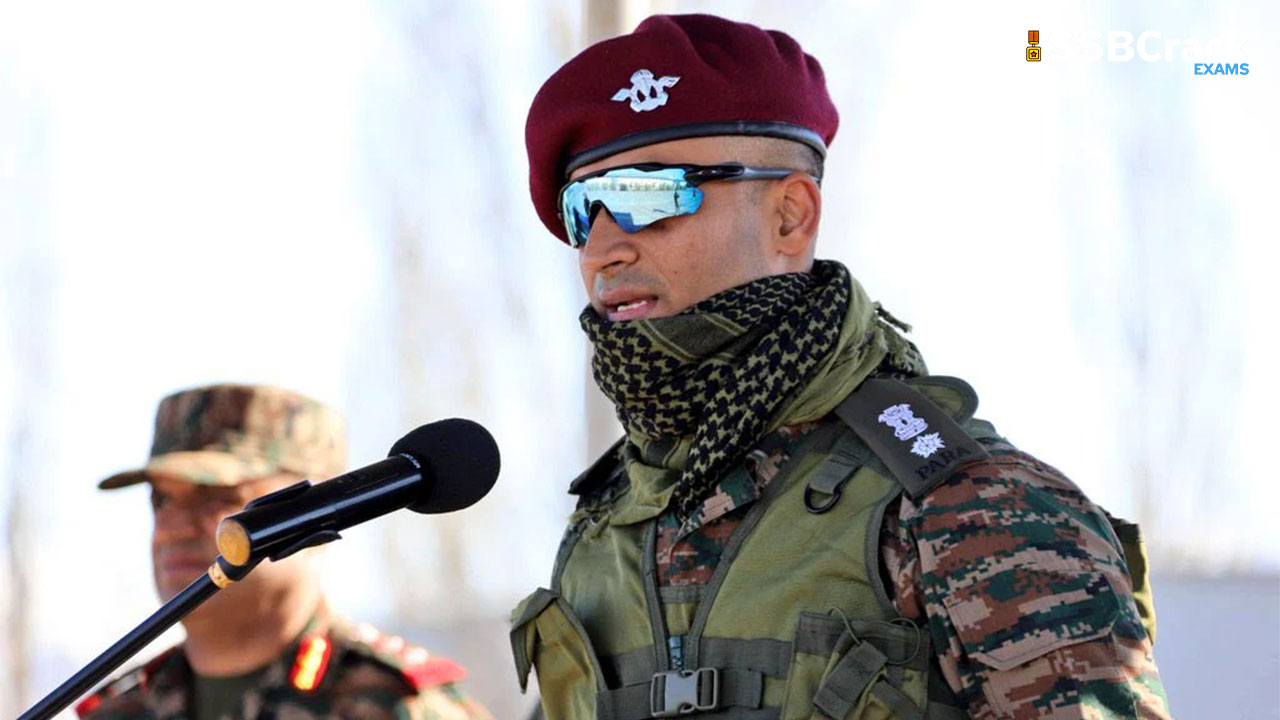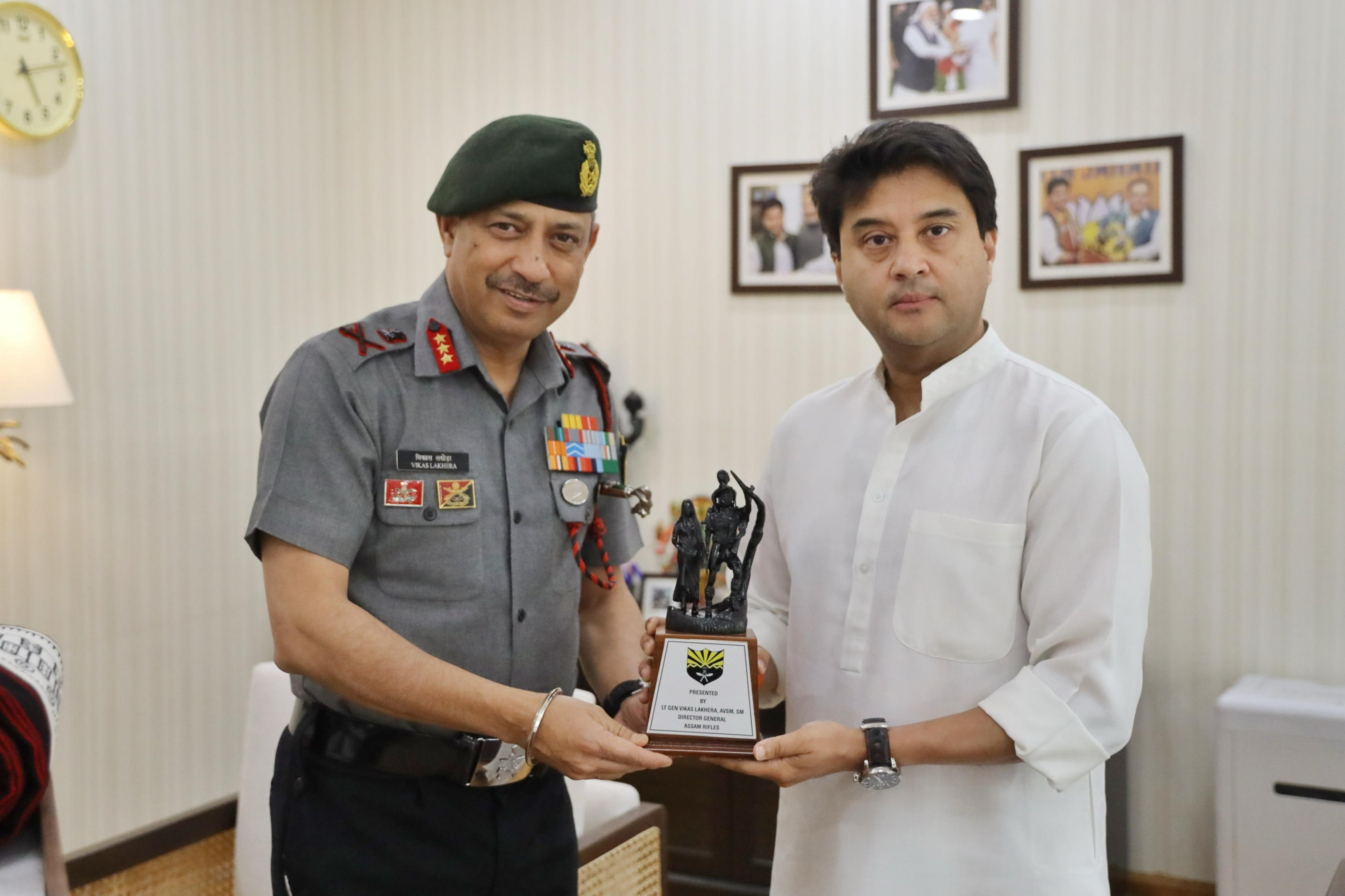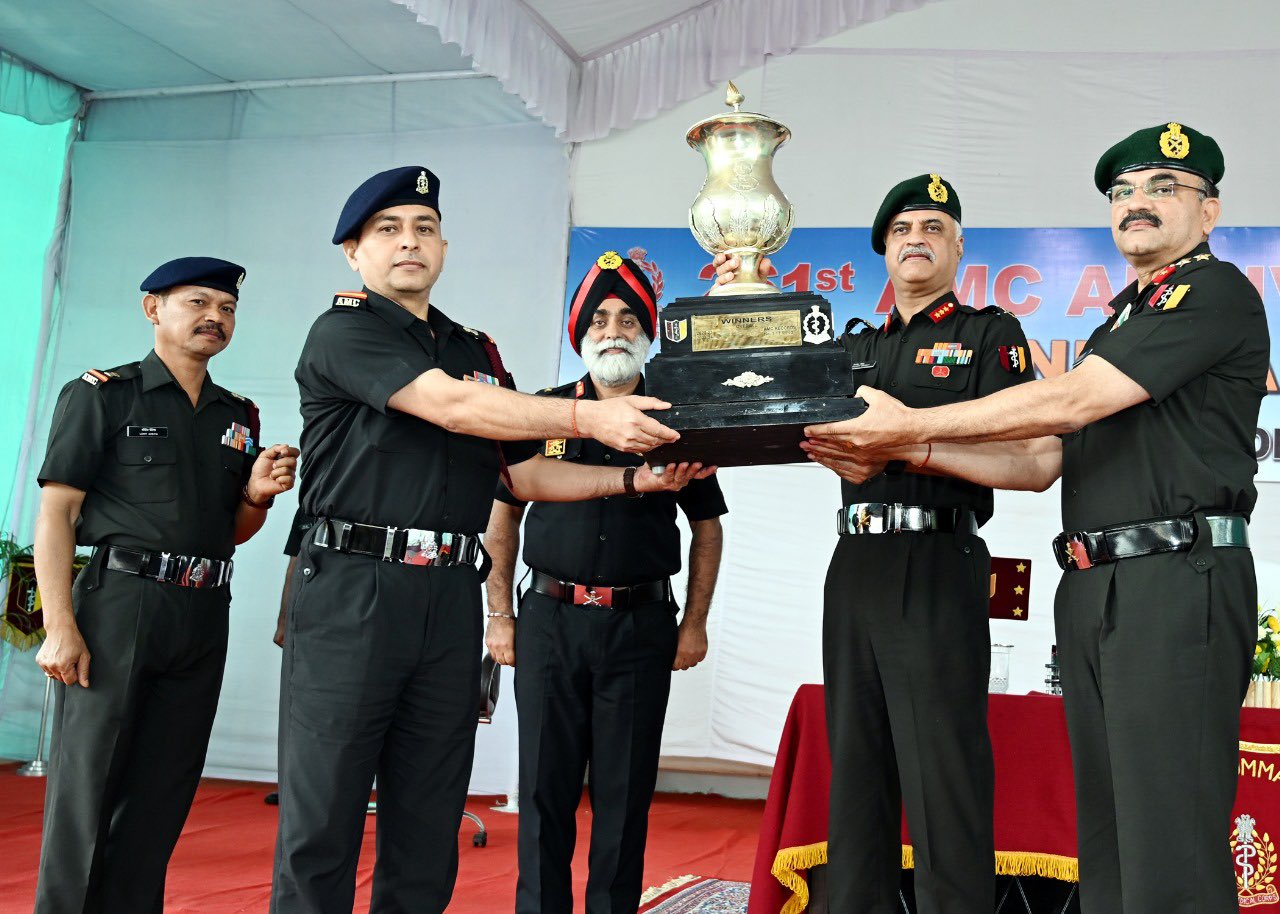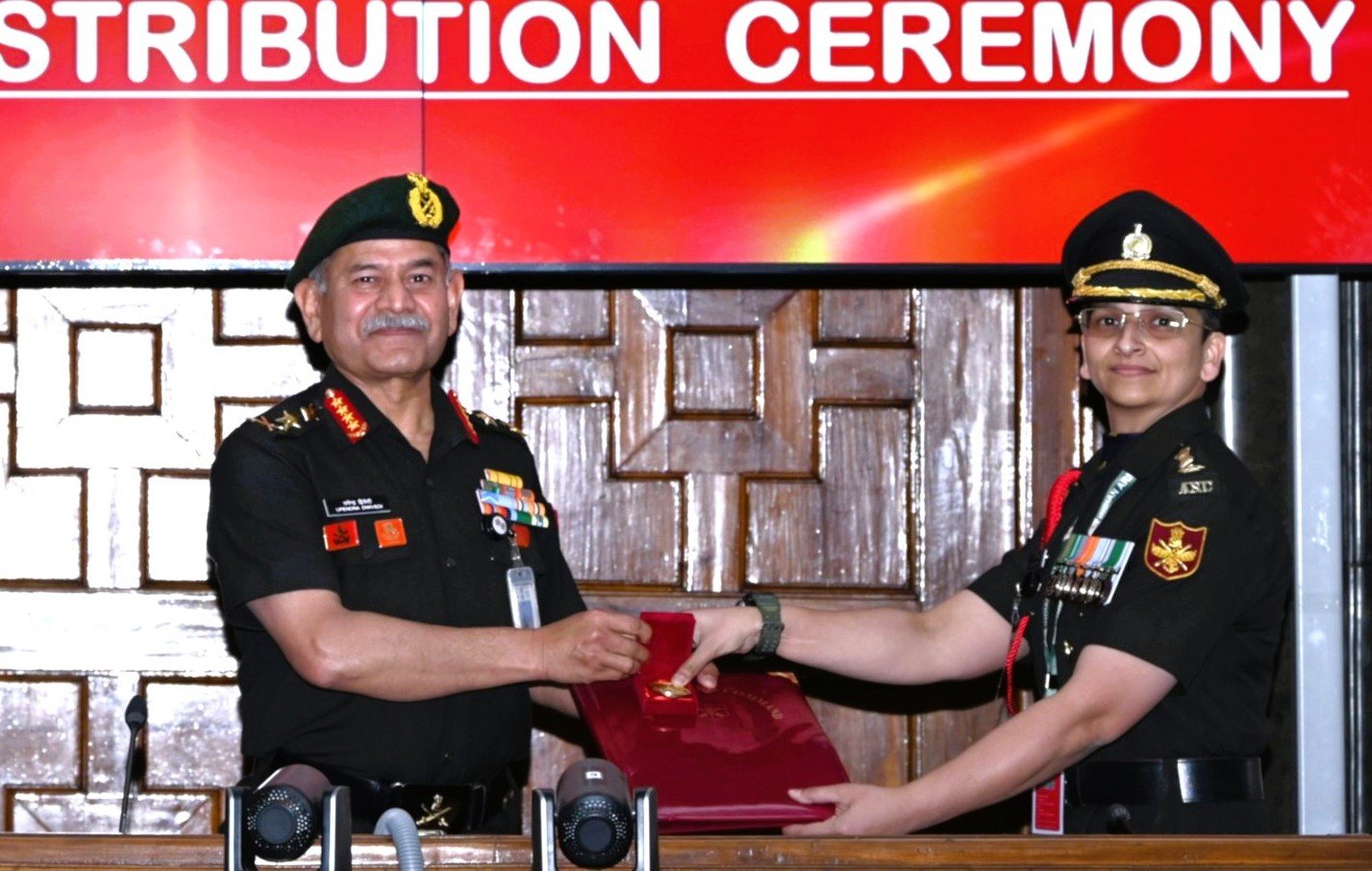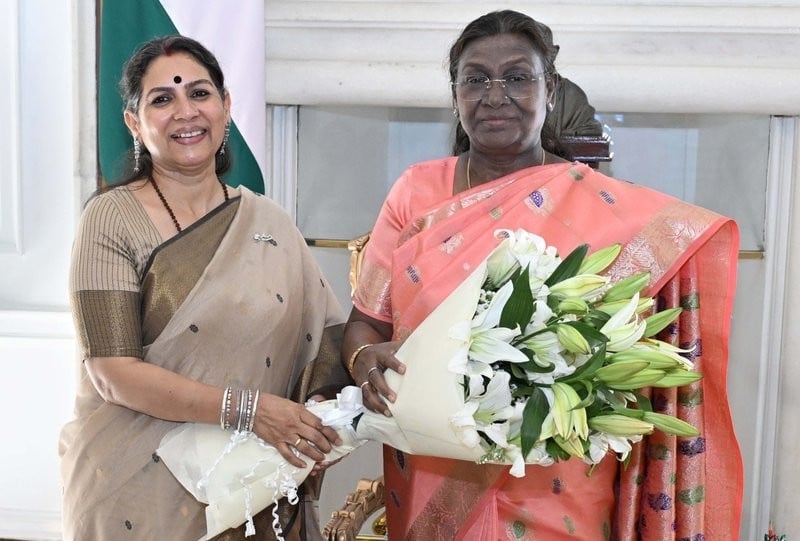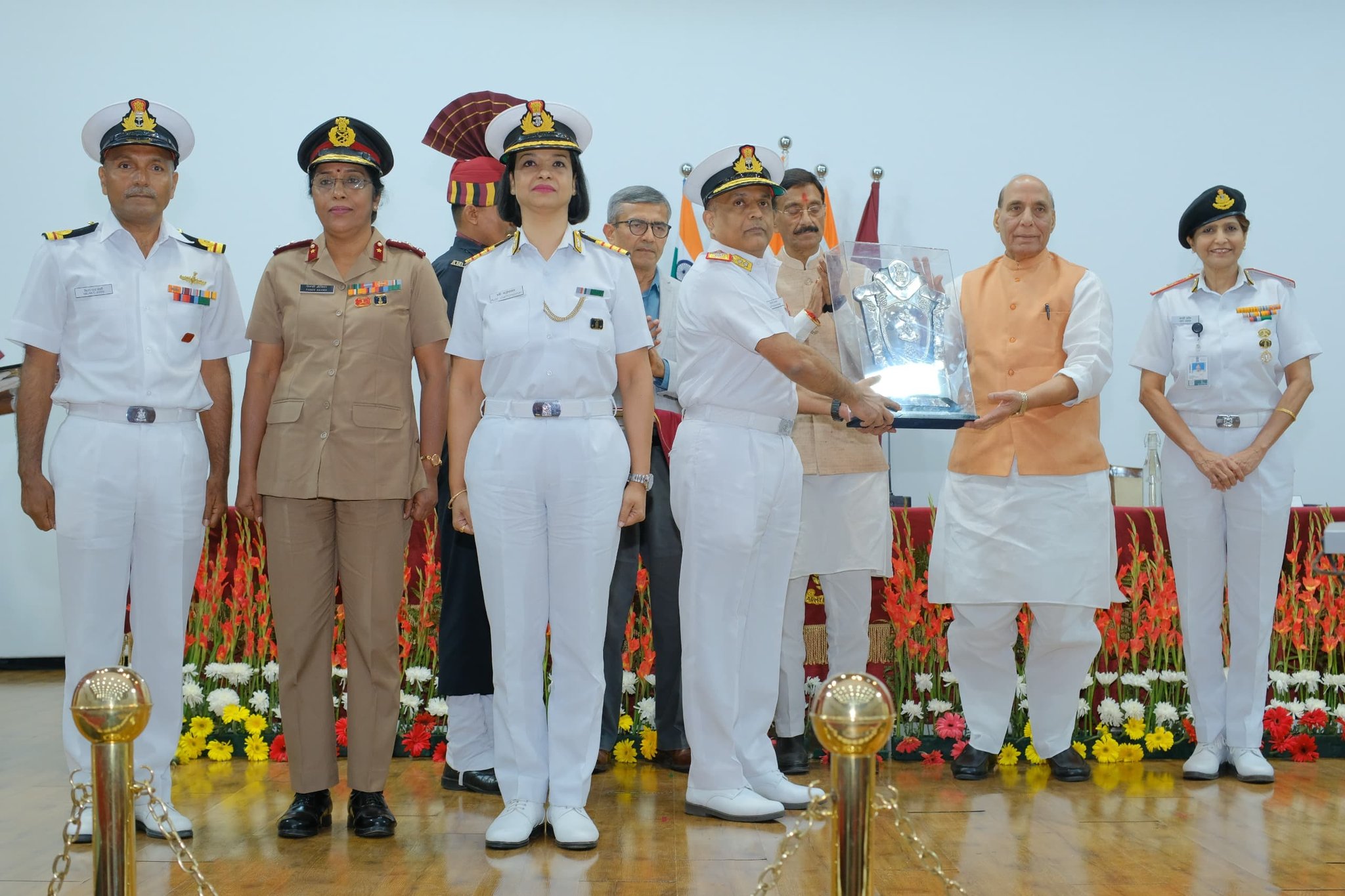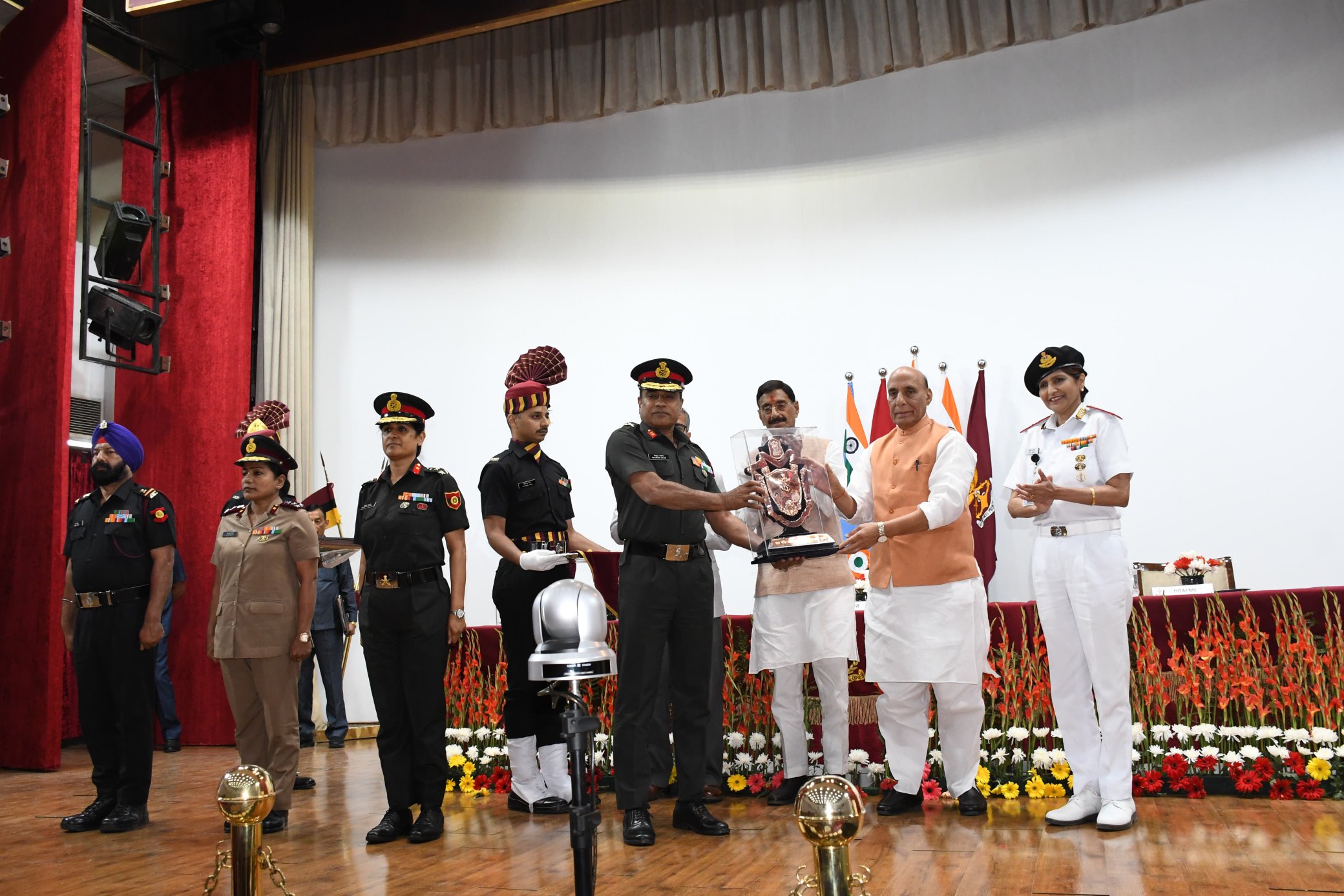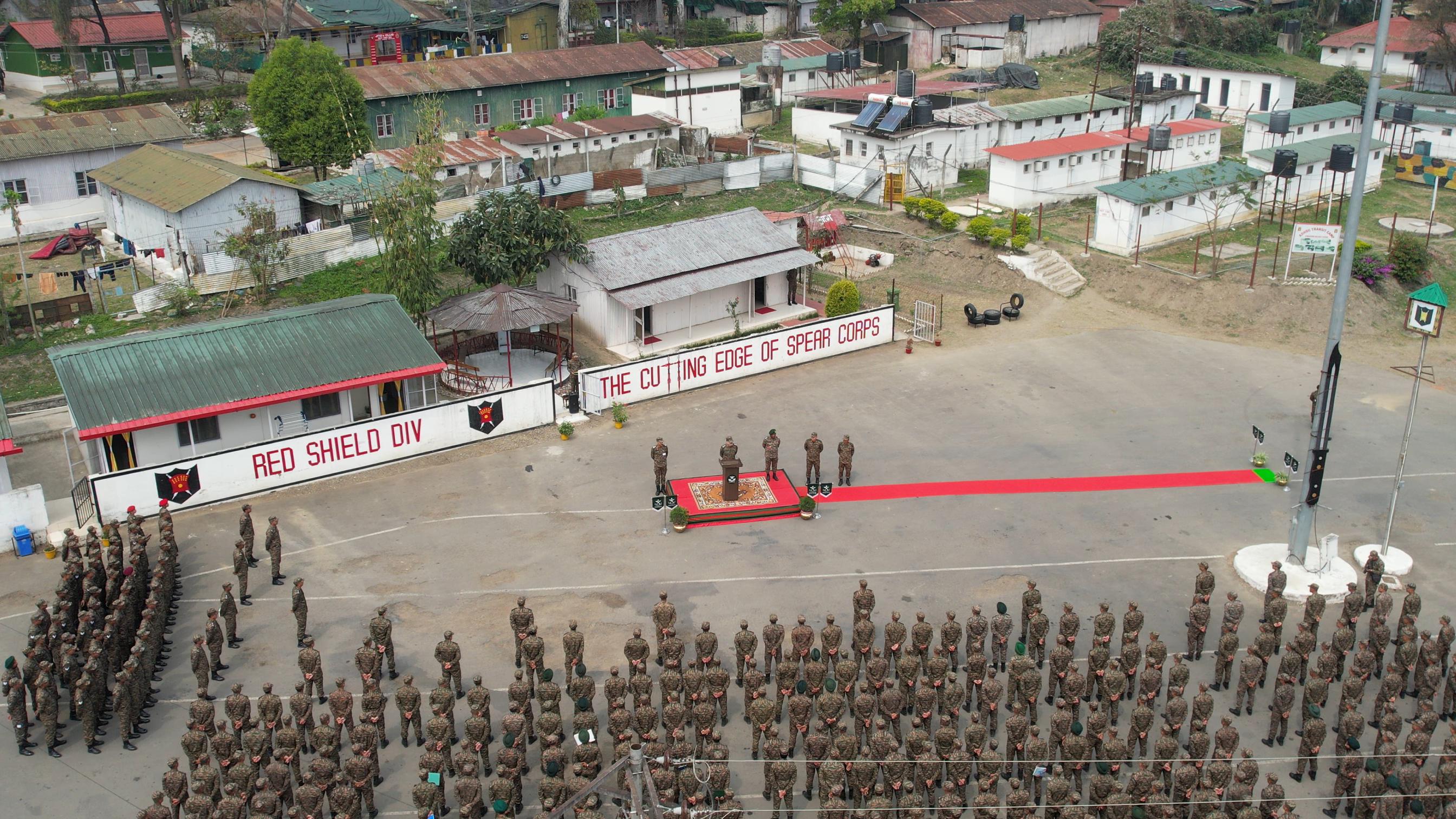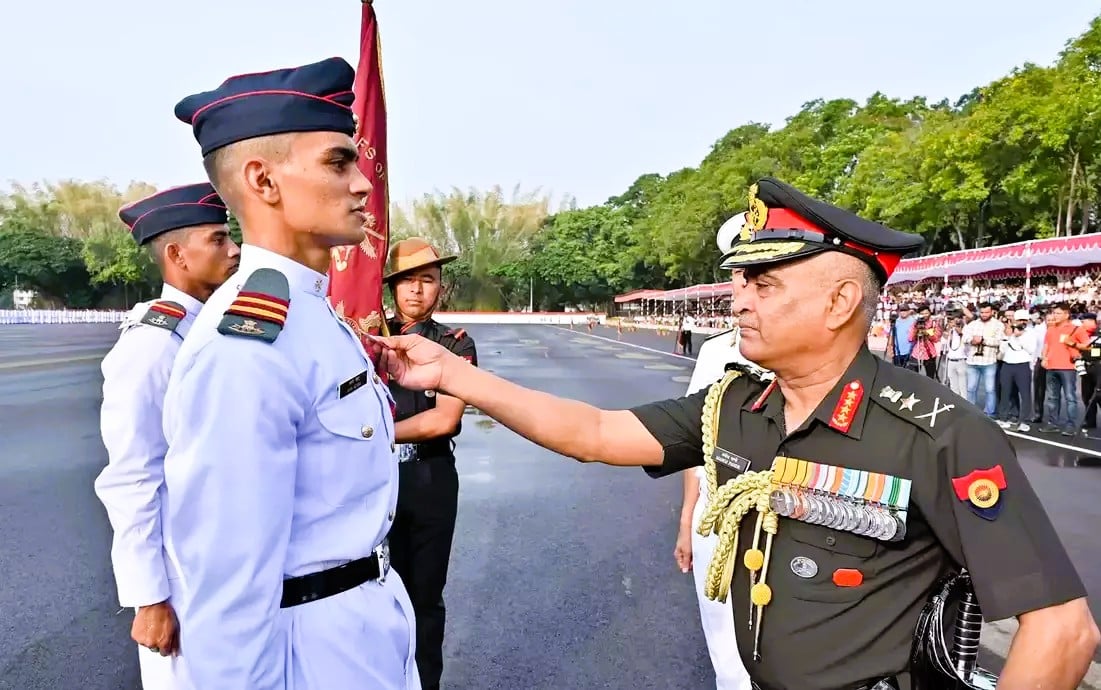Quora is the never-ending ocean of knowledge – full of curious people with their questions and boiling with more people to answer them. Though the life of a soldier in any army is not forgiving, people do have misconceptions that while NCOs just “pass their days at fields somehow” and officers in the army enjoy a luxurious life than their subordinates. This was clarified by an army officer on this Quora post.
Yes, financial aspects of being an officer in the army do look like an officer leads a luxurious life, but he presents you a different take on the whole thing – the life which an officer lives the same as his subordinates.
The officer has been in field locations for 70% of his service. His postings were mainly in the northern and north-eastern part of the country. Here is how he describes living a “luxurious” life there:
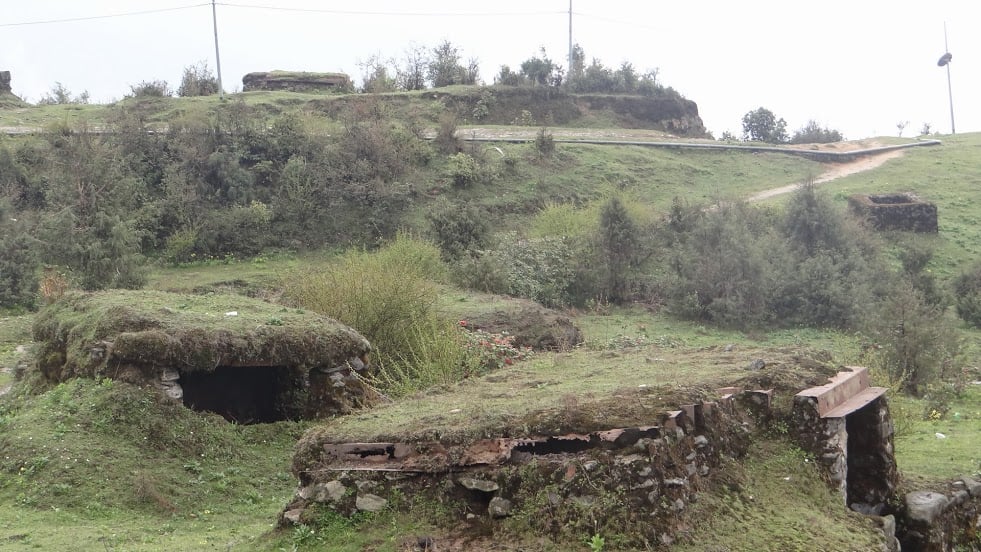
Living Area:
According to him, he had a “spacious” bunker to live in, not more than 10’x10′ with a bathroom located 50 mts away.
He shared his bunker mostly with rats, who stole his meagre and only supplies of maggie and biscuits. There wasn’t a single commercial establishment for 40 km in any direction.
According to him, he had two beds in his “room”, for when somebody was visiting along with a table. He had a cloth pinned to the roof to prevent mud from falling onto the floor.
Beating the cold:
In winters, situations used to get worse trying to use kerosene heaters for warmth. The heater which was meant to stave off the cold gave out more fumes than warmth. Eventual death was inevitable either due to cold or the fumes of the heater. Turns out, death through the fumes would take more time, hence, he managed it with it.
Electricity:
Coming to the most basic essential of any establishment – electricity. Turns out, there was no electricity.
The only generator they had was used to work for two to three hours in a day to charge the batteries. The other alternatives were a solar lantern, which would give a very low light that it cannot be used.
He recalls reading books at night using a kerosene lantern because they had to stay awake the entire night to ensure nobody infiltrated across.
He also slept with his shoes on for three years because rushing out into the nights to check any infiltrations was inevitable.
Mess:
There are no messes in field locations, as all are separated from the HQs. Officers and men ate the same food, basically dal, rice and roti. Every day, for three years of duty.
Communication Networks:
Mobile phone network and the Internet, which most people take for granted, was non-existent there. They had two STD lines for approx. 700 people, which was connected to all the posts.
An officer never misused his rank to get extra privileges on the phone. According to him, he used to speak to his mother once in a month. Ruling out the possibility of a girlfriend, he says that it is very difficult to have a relation with somebody who speaks to you once a month and who you see twice a year.
People, at times, could not even able to attend even the last rites of their parents because they were in some cut off post and couldn’t be brought down in time. There are posts in both J&K and the North East where people remain cut off for 5 months at a time. Survival is purely on tinned food and a helicopter drops off letters and rations maybe once a month if the weather is good. The only connection they had was a radio that they “switch on once a day to tell them you’re alive”.
Hygiene:
There are places where they took bath once in three months because taking a bath at those altitudes and temperatures can kill you. And most baths used to be with just one bucket of water.
Taking a dump, shaving, brushing and have a reasonable bath in half a bucket of water was no great task for them.
An officer-led army:
Being a part of the army, there is a constant risk to life and limb, it’s what they signed up for. But, the Indian army has always been an officer-led-army (fortunately or unfortunately), unlike the western armies, where NCOs lead a lot of operations. This can be amply seen from the Kargil war in which 29 officers died, which is a very high fatality rate for officers.
The Final Words:
He says –
“As soldiers, we don’t expect you to appreciate us, or thank us or revere us. This is a job and I chose to do it on my own volition. We are no greater than the doctors saving lives or the engineers building bridges or the actors entertaining you on the screen”.

